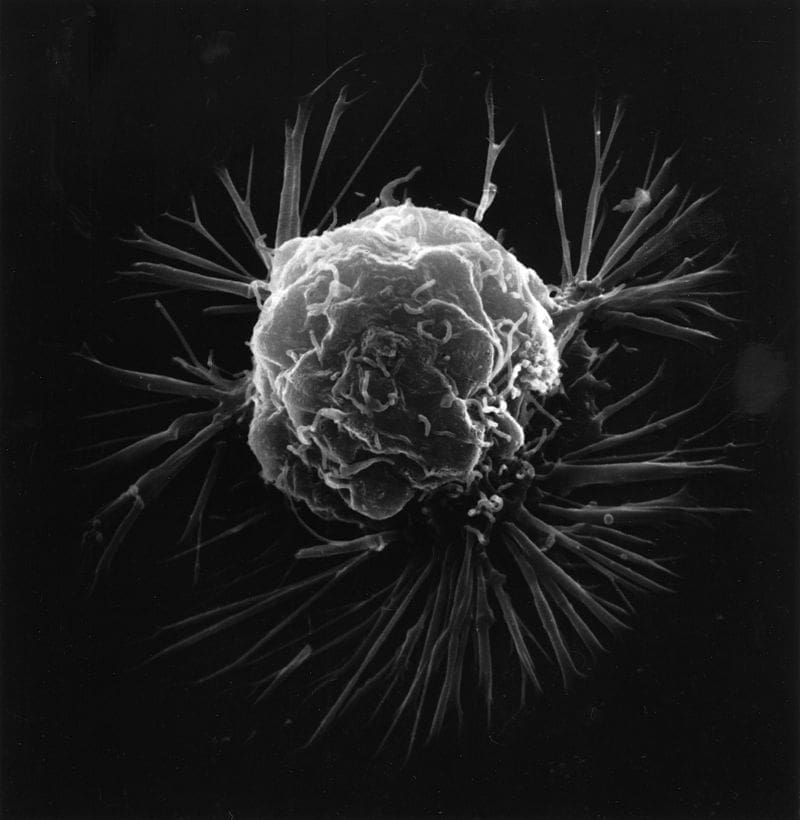HSF2 mechanism discovered in breast cancer progression
A research team led by Professor Lea Sistonen at Ă bo Akademi University in Finland has identified a new molecular mechanism that controls the progression of breast cancer. The results could improve the diagnosis and treatment of breast cancer.
Breast cancer is caused by the malignant change of epithelial cells in the breast canals, which divide uncontrollably. As the disease progresses, tumor cells develop the ability to move, invade surrounding tissue, and form metastases in other parts of the body. The molecular mechanisms behind these phenotypic changes were poorly understood until now. The researchers investigated the role of the stress protein HSF2, whose levels change during normal cell processes, and analysed its influence on breast cancer.
Using tissue samples from patients and cancer models in mice and zebrafish, the study showed that high HSF2 concentrations in the early stages of breast cancer promote cell division and tumor growth. In later stages, however, low HSF2 levels are necessary to allow cell motility and invasion into surrounding tissues. The researchers identified a signaling pathway that controls the decrease in HSF2 concentration during the transition to an invasive state. This mechanism acts like a molecular switch that enables the cancer cells to switch from proliferative to invasive behavior.

In addition, the researchers found that the localization of HSF2 in the tumor changes with the course of the disease. In early stages, HSF2 is detectable in areas of active cell proliferation, while this pattern disappears in later stages. This observation suggests that HSF2 could serve as a biomarker to more accurately determine breast cancer progression and optimize treatment. A detailed analysis of HSF2 concentration and distribution in tumors could improve clinical diagnostics.
The study emphasizes that further basic research and analyses of larger patient cohorts are needed to validate the results. Nevertheless, the findings could advance the development of new diagnostic and therapeutic approaches by better taking into account the dynamic changes in tumors. The research was carried out in collaboration with the University of Turku and funded by several Finnish foundations as well as the Finnish Research Council.
Original Paper
Editor: X-Press JournalistenbĂŒro GbR
Gender Notice. The personal designations used in this text always refer equally to female, male and diverse persons. Double/triple naming and gendered designations are used for better readability. ected.




